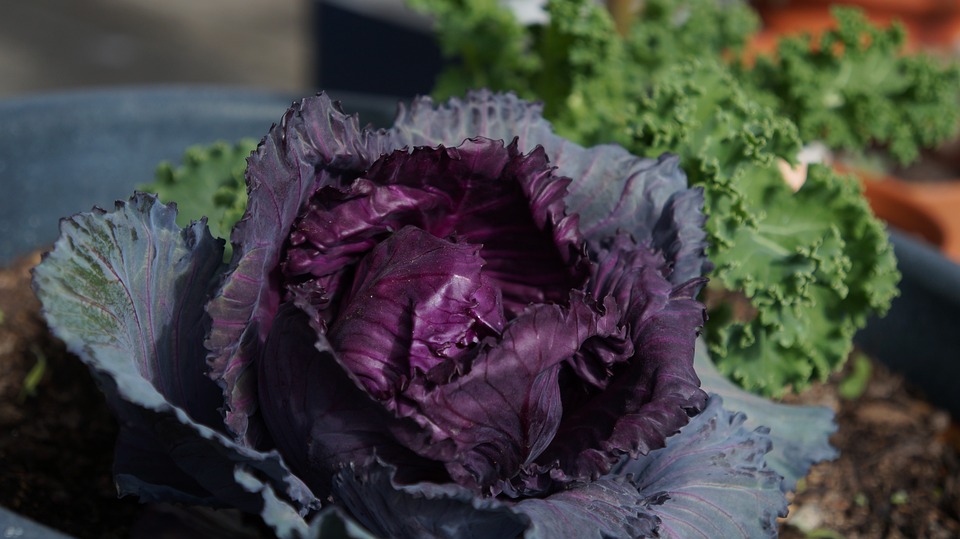I remember the first time I planted a seed in the ground and watched it grow into a beautiful, ripe tomato. It was a magical experience that sparked my love for sustainable farming and gardening. As someone who values living off the grid and reducing my carbon footprint, I have always been passionate about the journey from field to fork. Sustainable farming is not just about growing food in a way that is environmentally friendly, but also about creating a connection with the land and understanding where our food comes from. In this article, I will take you on a fun and upbeat journey through the process of sustainable farming, from planting seeds in the soil to enjoying a delicious meal fresh from the garden.
The journey of sustainable farming begins with the soil. Healthy soil is the foundation of a successful garden, providing essential nutrients for plants to grow strong and vibrant. One key aspect of sustainable farming is composting, which involves recycling organic matter such as food scraps, yard waste, and manure to create nutrient-rich soil for your garden. Composting not only reduces waste going to landfills but also improves soil health and fertility, leading to healthier plants and higher yields.
Pro Tip: Be sure to turn your compost regularly to aerate it and speed up the decomposition process. Adding a mix of green (nitrogen-rich) and brown (carbon-rich) materials will also help create a balanced compost pile.
Once you have prepared your soil, it’s time to start planting. Sustainable farming involves using organic and heirloom seeds, which are open-pollinated varieties that have been passed down through generations. By choosing these seeds, you are supporting biodiversity and preserving traditional plant varieties. Additionally, planting a diverse range of crops can help improve soil health, reduce pest and disease pressure, and promote beneficial insect populations.
Pro Tip: Rotate your crops each season to prevent soil depletion and reduce the risk of pests and diseases. Consider companion planting, where different crops are planted together to support each other’s growth and deter pests.
As your plants grow and mature, it’s important to practice sustainable gardening techniques to maintain a healthy garden ecosystem. This may include using natural pest control methods such as companion planting, handpicking insects, or introducing beneficial insects like ladybugs or praying mantises. Avoiding chemical pesticides and herbicides not only protects the environment and beneficial insects but also ensures the safety of your food.
Pro Tip: Planting flowers such as marigolds, sunflowers, and lavender can attract pollinators and beneficial insects to your garden, helping to improve pollination and pest control.
Harvesting your crops is a satisfying reward for all your hard work in the garden. The journey from field to fork culminates in enjoying fresh, delicious produce that you have grown yourself. Whether it’s a basket of ripe tomatoes, a bunch of crisp salad greens, or a handful of colorful peppers, there is nothing quite like the taste of homegrown food. Sustainable farming is not just about growing food, but also about savoring the flavors and nutritional benefits of fresh, seasonal produce.
Pro Tip: To prolong the shelf life of your harvest, store vegetables like tomatoes, onions, and potatoes in a cool, dark place away from direct sunlight. Consider preserving excess produce through canning, freezing, or drying to enjoy them year-round.
From field to fork, the journey of sustainable farming is a rewarding and fulfilling experience that connects us to the earth and the food we eat. By practicing environmentally friendly gardening techniques, supporting biodiversity, and enjoying the fruits of your labor, you can create a sustainable and thriving garden that nourishes both your body and soul. So grab your gardening gloves, roll up your sleeves, and join me on this fun and upbeat adventure through the world of sustainable farming. Your taste buds and the planet will thank you for it.



